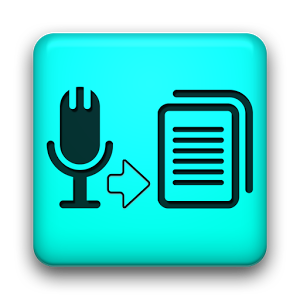As writers and readers, we often talk about diversity, and we are a diverse community here at QSF. One of the things we don’t often talk about is how diverse we are in our physical abilities and how that affects us as authors. Vision challenges, neurological illnesses, arthritis, stroke, neurally atypical issues, paralysis – all of these and so many more challenges authors face within our community.
What’s a writer to do when they can’t see or type or even hold a pen? It’s certainly never been the end of a career. Even Milton, who was blind when he wrote the bulk of his work, found a way to write. He dictated to his daughters. There’s always a way.
In our current age of tech, we no longer need Milton’s daughters. A good thing, since there are reasons to believe they weren’t entirely happy in their role of early speech to text.
I’m just going to mention a couple of speech to text softwares/ subscriptions since they are legion these days and may have features that work better for some writers than others.
Dragon is the name one hears most often, for good reason. It’s been around about thirty years and has huge share of the market. However, reviews aren’t universally glowing since there appears to be quite a learning curve, it’s not cheap, and there have been reports of issues with being unable to use the registration on a new device and so on. Customer service issues are cited frequently.
Speechnotes represent the other end of the spectrum – a completely online speech to text program with a free version. Reviews are favorable, but this does appear to be a more limited program. Writers may have difficulty in the later stages of a manuscript where Word becomes crucial in working with editors.
Braina represents another alternative, the subscription service, with a reasonable annual fee. Its description includes the ability to work in multiple languages and with multiple third party software and also offers IVR PC controls (for opening files and other commands.) Reviews are favorable and Brain does represent an alternative to buying expensive software.
GoQ offers speech to text (and text to speech options) with additional features that assist with various neuro-atypical challenges, such as helping to organize information in a more visual way. More complex than a simple speech to text assist software since it’s designed to assist in more complex cognitive challenges.
So how about you guys? What are you currently using or thinking of using to assist in your writing?



